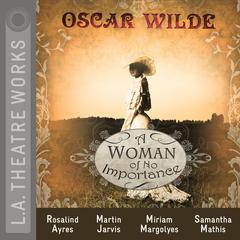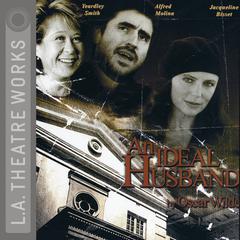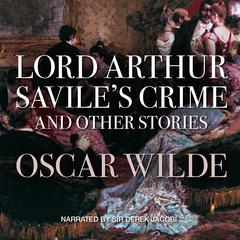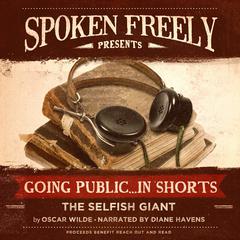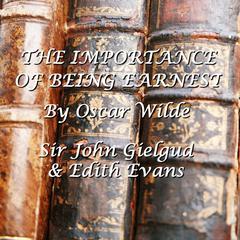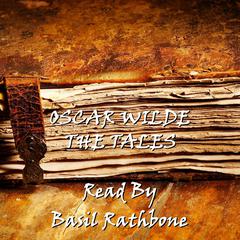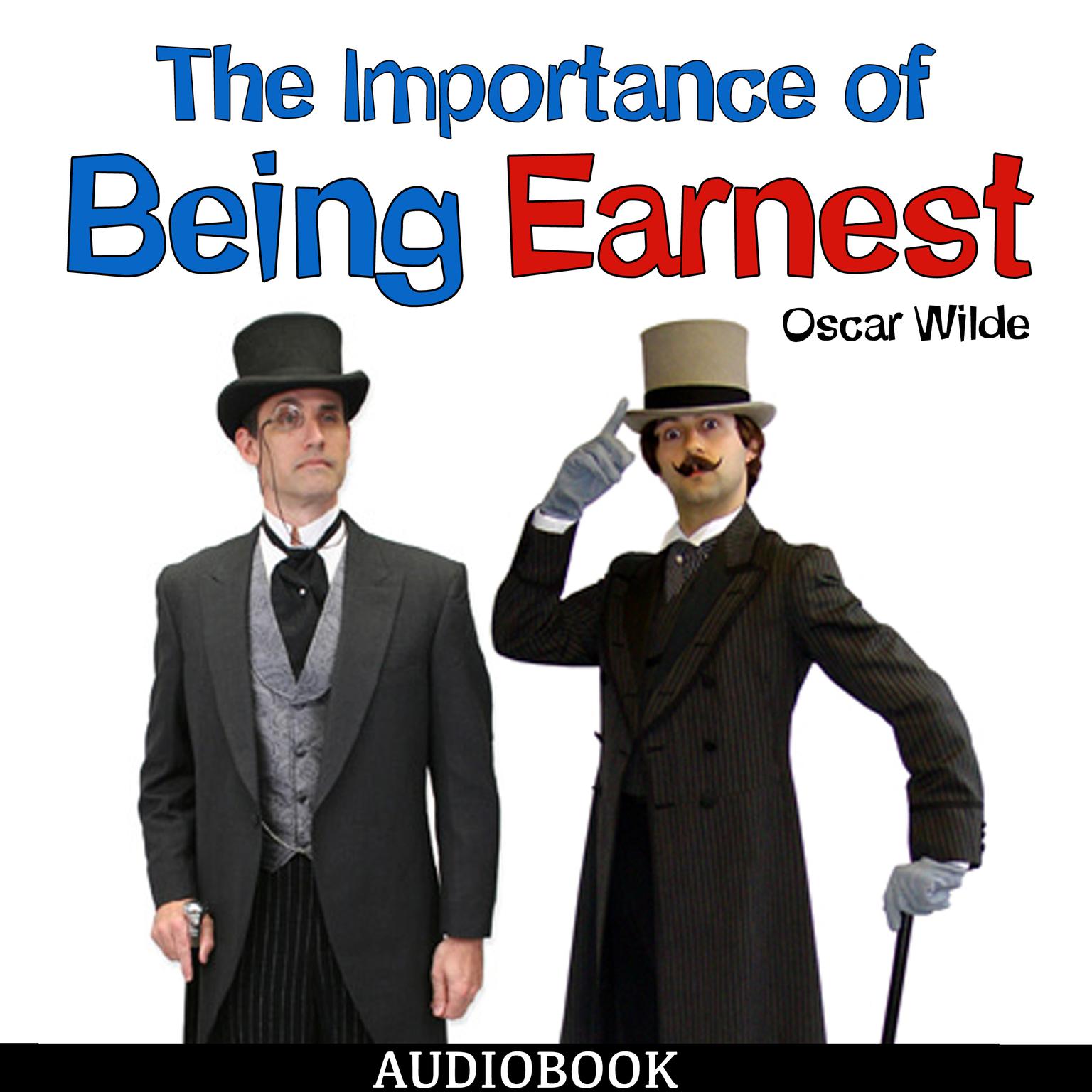 Play Audiobook Sample
Play Audiobook Sample
The Importance of Being Earnest Audiobook
 Play Audiobook Sample
Play Audiobook Sample
Quick Stats About this Audiobook
Total Audiobook Chapters:
Longest Chapter Length:
Shortest Chapter Length:
Average Chapter Length:
Audiobooks by this Author:
Publisher Description
Oscar Wilde created his final and most lasting play, comic masterpieces of all time, THE IMPORTANCE OF BEING EARNEST, in 1895. Considered one of the greatest THE IMPORTANCE OF BEING EARNEST is a farce, playing with love, religion, and truth as it tells the tale of two men. Jack Worthing and Algernon Moncrieff, who bend the truth in order to add excitement to their lives. Jack invents an imaginary brother, Ernest, whom he uses as an excuse to escape from his dull country home and gallavant in town. Meanwhile, Algernon follows Jack's scam, but his imaginary friend, Bumbury, provides a convenient method of adventuring in the country. However, their deceptions eventually cross paths, resulting in a series of crises that threaten to spoil their romantic pursuits. Hailed as the first modern comedy in England, THE IMPORTANCE OF BEING EARNEST is Wilde's most famous work.
Download and start listening now!
The Importance of Being Earnest Listener Reviews
Be the first to write a review about this audiobook!
About Oscar Wilde
Geoffrey Giuliano is the author of over twenty internationally bestselling biographies, including the London Sunday Times bestseller Blackbird: The Life and Times of Paul McCartney and Dark Horse: The Private Life of George Harrison. In addition, he can be heard on the Westwood One Radio Network and has written and produced over sixty original spoken-word albums and video documentaries on various aspects of popular culture.
About Matt Montanez
Matt Montanez is a voice talent and audiobook narrator.





